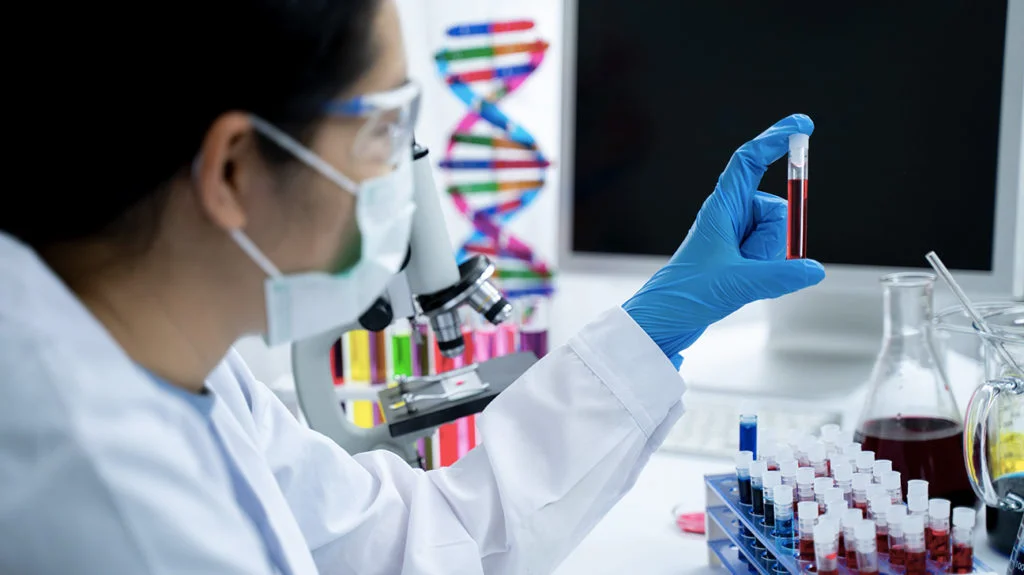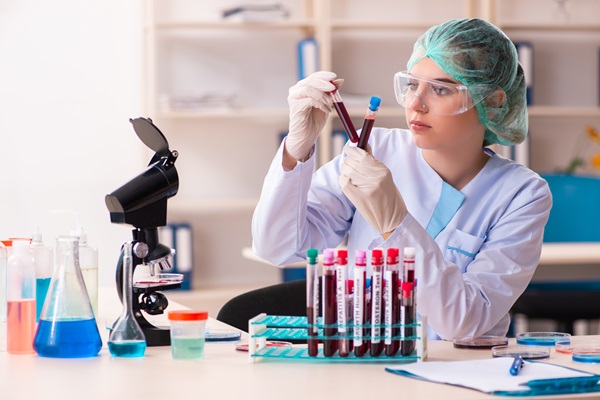Hematology is the branch of medicine focused on the study, diagnosis, and treatment of blood disorders. It covers a wide range of conditions affecting red blood cells, white blood cells, platelets, bone marrow, and the clotting system. From anemia and hemophilia to leukemia and lymphoma, hematology plays a key role in understanding how blood impacts overall health. Advances in this field have made diagnosis more accurate, treatments safer, and recovery faster.
Understanding Hematology and Blood Function
Blood carries oxygen, nutrients, and hormones throughout the body. It also removes waste, helps fight infection, and controls bleeding. Hematologists are specialized doctors who study blood components—red cells that carry oxygen, white cells that fight infection, and platelets that help clotting. When any of these elements are imbalanced, various health issues can arise.
A comprehensive hematology evaluation often includes blood counts, coagulation tests, and bone marrow analysis. These assessments allow specialists to detect early changes in blood health before major symptoms appear.
Common Hematologic Conditions

Anemia occurs when red blood cells or hemoglobin levels drop, causing fatigue, weakness, and pale skin. It can result from iron deficiency, vitamin deficiency, chronic illness, or bone marrow disorders.
Leukemia is a type of blood cancer that originates in the bone marrow and affects white blood cells. It disrupts the immune system and requires specialized treatment like chemotherapy or stem cell therapy.
Lymphoma involves the lymphatic system and leads to swollen lymph nodes, fever, and night sweats.
Hemophilia is a genetic condition where blood doesn’t clot properly, leading to excessive bleeding even from minor injuries.
Thrombocytopenia refers to low platelet count, which increases the risk of bruising and internal bleeding.
Each condition demands precise diagnosis and a personalized treatment plan to ensure effective management.
Diagnosis and Testing
Early diagnosis is critical in hematology. Doctors use several laboratory tests to identify the underlying cause of symptoms.
- Complete Blood Count (CBC): Measures levels of red cells, white cells, and platelets.
- Bone Marrow Biopsy: Examines how blood cells are produced and whether there are abnormalities.
- Coagulation Tests: Check the blood’s ability to clot.
- Genetic and Molecular Testing: Identify inherited conditions or mutations linked to specific cancers.
These tests help hematologists design a detailed care plan tailored to each patient’s condition and health needs.
Treatment Approaches
Hematology treatments aim to restore normal blood function, control symptoms, and prevent complications. Options vary from medication and supplements to advanced therapies such as bone marrow transplants.
Medication Therapy:
Iron supplements, vitamins, and drugs that stimulate red blood cell production are common in anemia treatment. Chemotherapy and targeted drugs are used for cancers like leukemia and lymphoma.
Transfusions:
Blood or platelet transfusions quickly restore low cell counts and stabilize patients with severe anemia or bleeding disorders.
Stem Cell Transplantation:
A procedure used to replace damaged bone marrow with healthy cells, essential for treating leukemia, lymphoma, and other bone marrow diseases.
Anticoagulants or Clotting Factors:
Used to treat or prevent blood clotting disorders, including thrombosis or hemophilia.
These therapies are carefully monitored by specialists to ensure safety and long-term success.
Lifestyle and Supportive Care

Managing blood health involves more than medical treatment. Adopting supportive habits can enhance recovery and improve quality of life.
- Eat a balanced diet rich in iron, folic acid, and vitamin B12.
- Stay hydrated and maintain a healthy weight.
- Avoid smoking and limit alcohol consumption.
- Engage in gentle physical activity to boost circulation.
- Attend all follow-up appointments to track progress.
Emotional and psychological support also plays an important role. Many hematology centers offer counseling and patient education to help individuals cope with the challenges of chronic or cancer-related conditions.
Advances in Hematology
Modern hematology has seen remarkable progress in diagnosis and therapy. Precision medicine, genetic testing, and immunotherapy allow doctors to tailor treatments based on each patient’s genetic makeup. Research continues to uncover new drug targets and safer treatment methods, offering renewed hope for patients worldwide.
Minimally invasive techniques and improved supportive care have also reduced treatment side effects, making recovery more comfortable.
When to See a Hematologist
Consult a hematologist if you experience unexplained fatigue, frequent infections, unusual bleeding, or persistent bruising. Other signs include prolonged fever, swollen lymph nodes, or unexplained weight loss. Early intervention ensures that conditions are detected and treated before they become severe.

